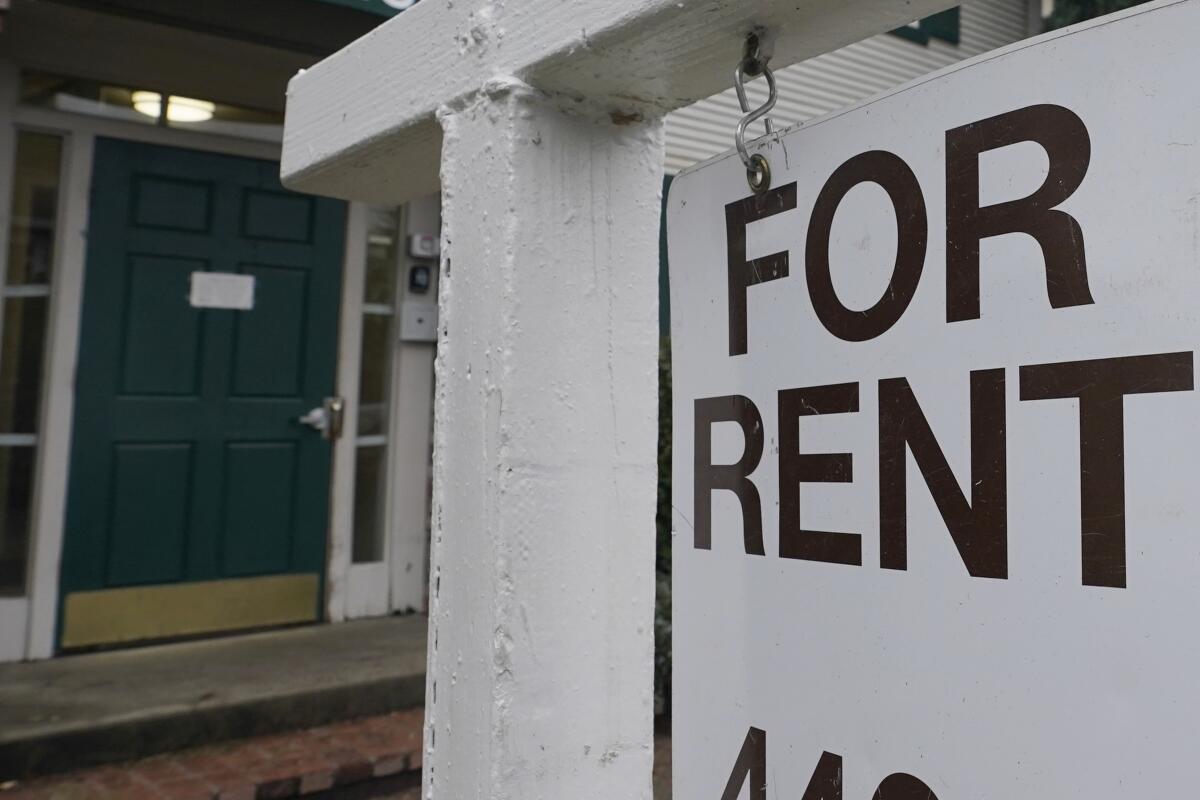The Trump administration is proposing budget cuts of up to 43% to public housing and Section 8 voucher programs in its 2025/26 fiscal year budget, raising concerns over a potential surge in housing instability.

Section 8, a federal program that provides rent subsidies for low-income households and seniors, is widely used by Korean Americans and other vulnerable communities. In California alone, about 560,000 households rely on the program, making the state one of the hardest-hit areas if the cuts proceed.
Shift Toward State-Controlled Aid
The proposed plan not only reduces funding but also changes the structure of assistance. The Trump administration has labeled Section 8 as inefficient and aims to limit housing aid for able-bodied adults to a maximum of two years. The plan would shift from direct federal support to a state-administered model, marking a significant policy overhaul.
As details of the cuts emerged, California officials criticized the proposal as harmful to low-income residents. Experts also warned that the move could worsen homelessness across the state.
Matt Schwartz, CEO of the California Housing Partnership, said, “No one can afford a two-bedroom apartment on minimum wage anywhere,” warning that “millions of low-income residents could ultimately be pushed onto the streets.”
Supporters Call for Market-Based Solutions
Supporters of the cuts argue that the plan is an opportunity to reduce local governments’ dependence on federal aid and to explore more creative solutions. Edward Ring, founder of the California Center for Public Policy, said, “Relying solely on federal funding is unsustainable. We need to increase supply to bring down market prices.”
If enacted, the cuts could impact around 5 million households nationwide. In high-cost areas, over 94% of counties would leave minimum-wage workers unable to afford even a one-bedroom apartment despite working full-time.
Congressional Hurdles Ahead
The budget requires approval from Congress, and Republican leaders aim to finalize the process by the end of this month. However, opposition from Democrats and some Republican lawmakers—who are mindful of their constituents benefiting from the program—could complicate the effort. A potential filibuster in the Senate also looms, making passage uncertain.
Analysts note that the budget reflects not just a funding adjustment but a broader attempt to reshape the federal housing welfare system. Even if parts of the budget are amended through negotiations, the Trump administration may continue to pursue its housing reform agenda through executive orders and other mechanisms.
BY BRIAN CHOI [ichoi@koreadaily.com]




